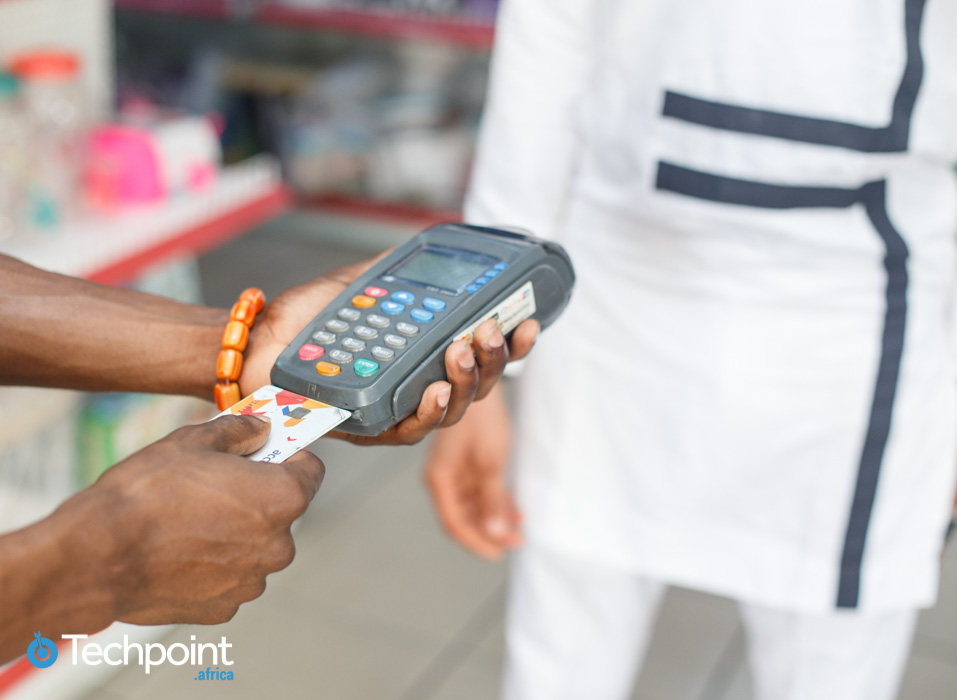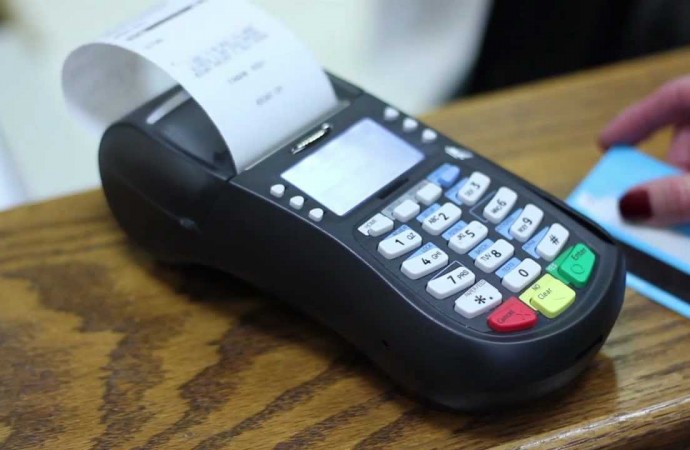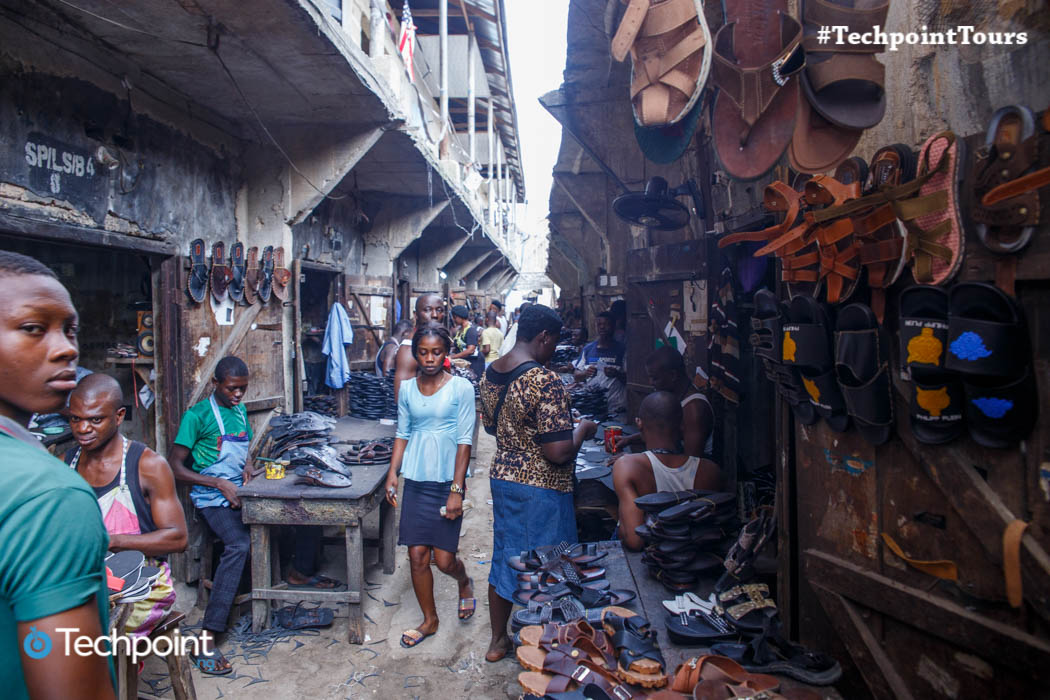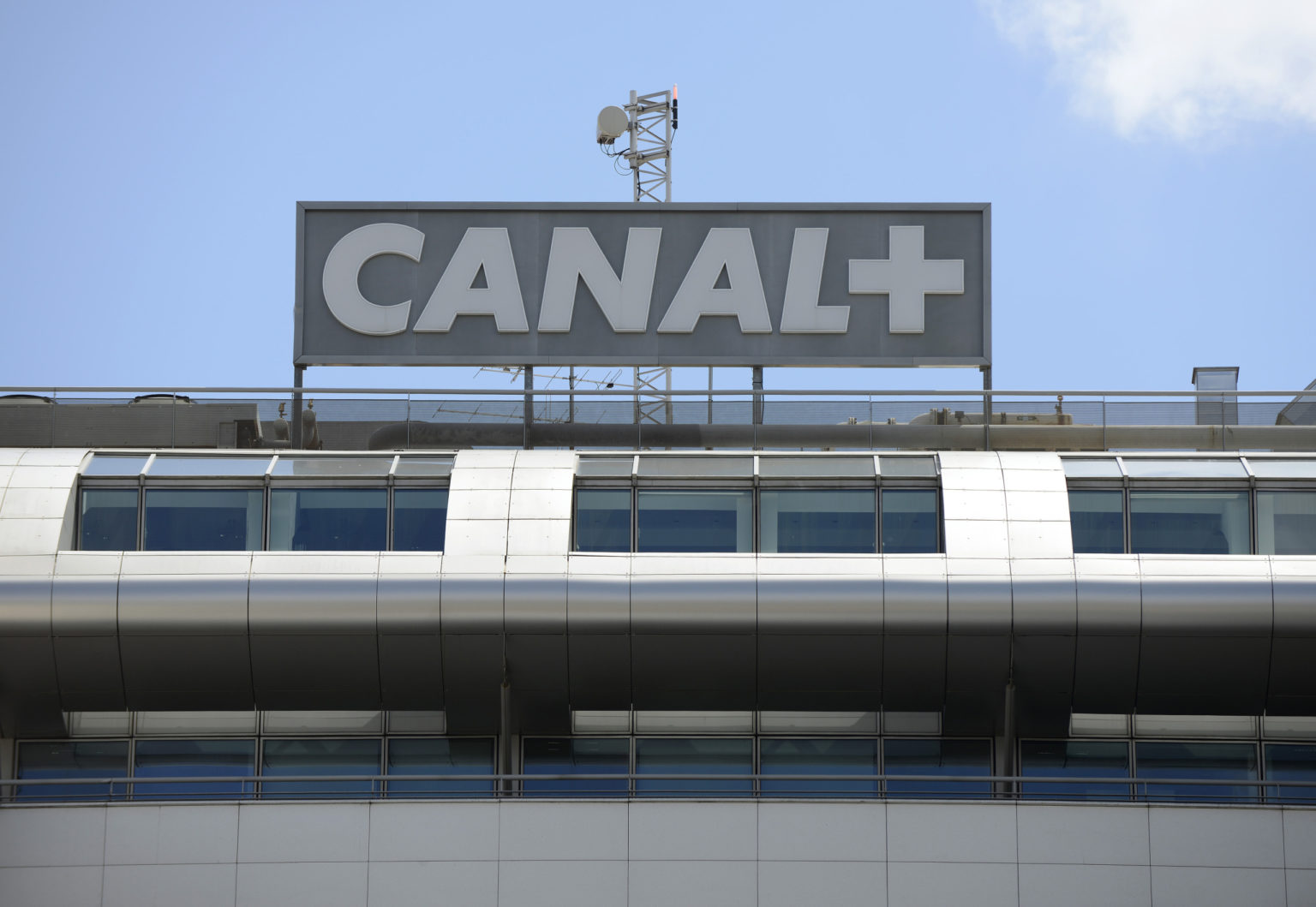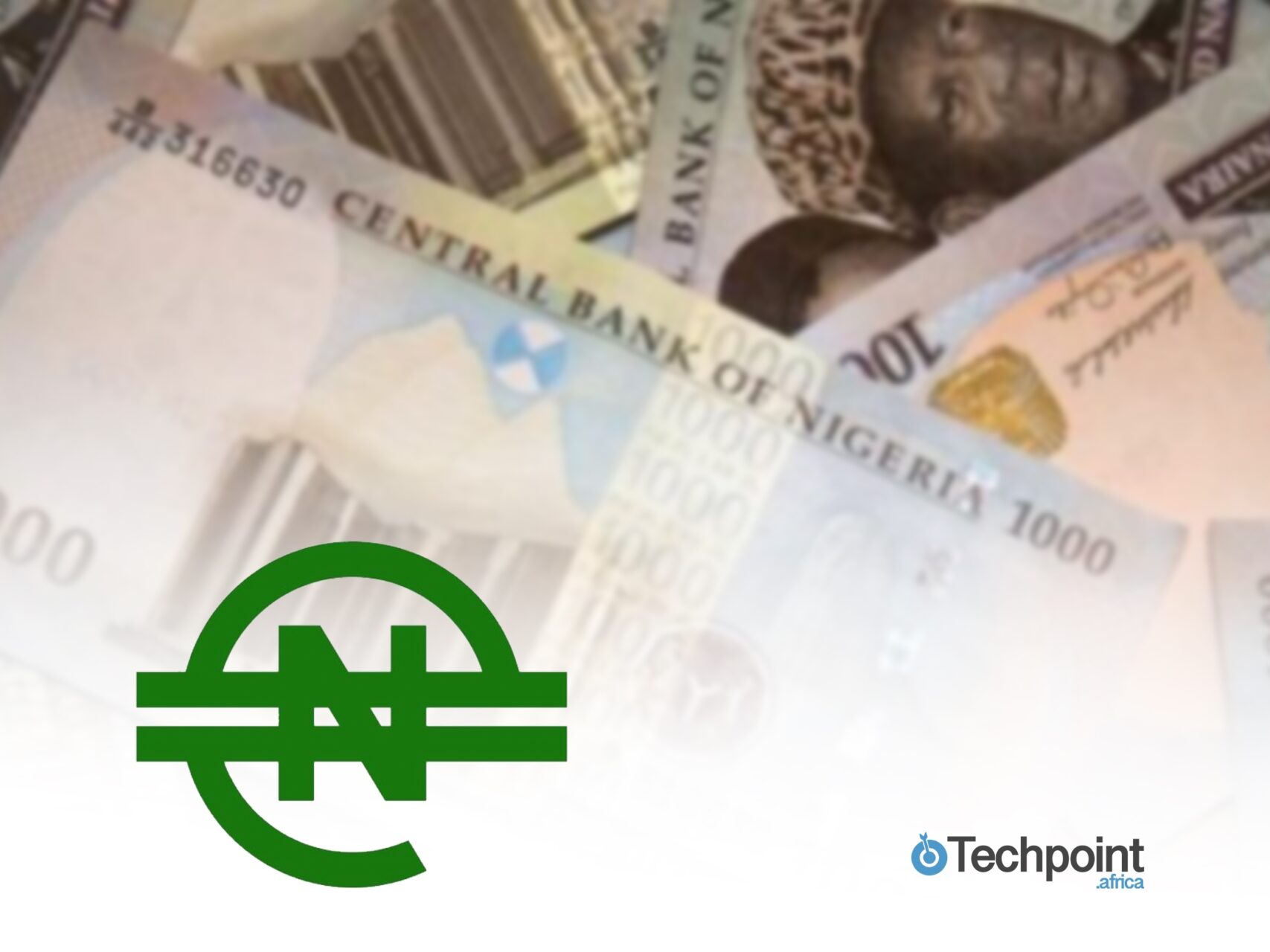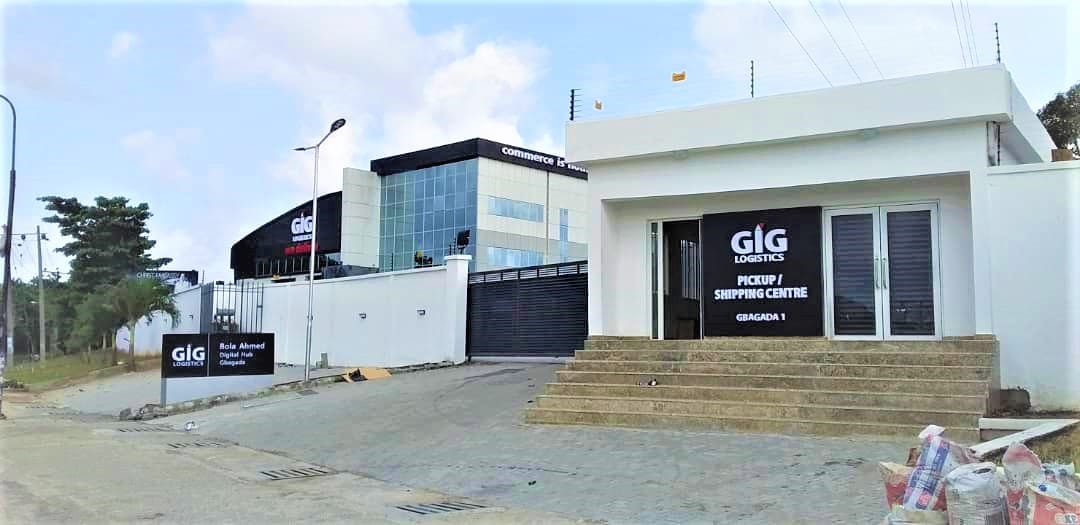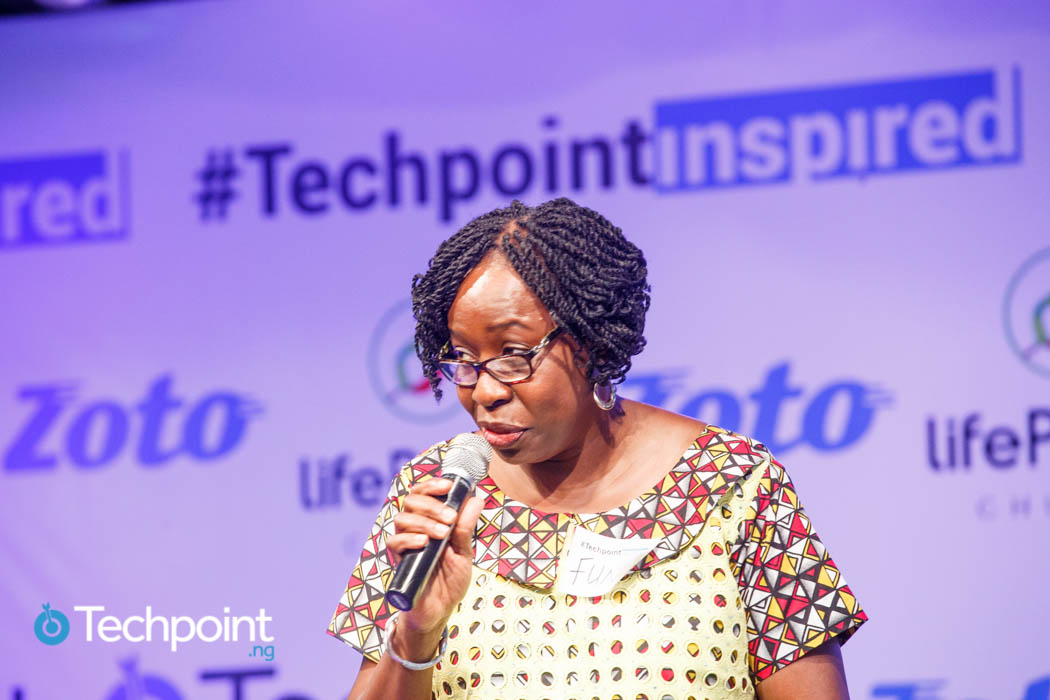Update: As at Thursday, November 28, 2019, every point of sale (POS) stand at the Spar store, Ilupeju, Lagos, had a sign notifying its customers of a ₦50 charge that is applicable to all card payments above ₦1,000, in accordance with the Central Bank of Nigeria's directives.
A couple of days ago, a customer bought a water bottle at Yettyjewel Gifts and paid the sum of ₦1,050. Worth noting is that the item cost ₦1,000 and the extra ₦50 — stamp duty — was the cost of choosing to pay with a debit card instead of cash.
In September 2019, the Nigeria Inter-Bank Settlement System Plc (NIBSS) released a notice about a ₦50 stamp duty that is applicable to point-of-sale/web merchants and all Deposit Money Banks in the country.
The stamp duty is only applicable to transactions valued at ₦1,000 and above.
In what seems like a planned move, the Central Bank of Nigeria (CBN), around the same period, revealed plans to relaunch the charges on withdrawals and deposits above a certain threshold in some states in the country.
While the notice by the NIBSS leans towards generating more revenue for the government, CBN’s move, on the other hand, is part of the initiatives of its Cashless Nigeria project which started in 2012 with a pilot phase in Lagos State before it was extended to a couple of other states.
Part of the key reasons for the apex bank’s project is the reduction of both the high cost of cash along the value chain and the cost of banking services, among others.
And one of the ways CBN was going to achieve this was by imposing charges on cash lodgements and withdrawals in excess of ₦500,000 and ₦3 million for individuals and corporates, respectively.
As it is, there’s a charge to make a huge deposit in the bank and there’s also a charge attached to POS/web and electronic transfers. These moves didn’t align with the reasons for starting the cashless project in the first place.

Don't miss out on Africa's financial revolution
Give it a try, you can unsubscribe anytime. Privacy Policy.
This definitely won’t reduce the cost of banking, rather, it would add to the revenue stream of the banks -- as the collecting agents -- as well as the government, at the expense of merchants accepting POS/web payments, as pointed out by a fintech expert, Sola Fanawopo.
Sola is a director at Innovectives -- a fintech company -- and the CEO of eMaginations.
Suggested Read: “Technology can’t induce financial inclusion, it can only mimic our decisions” — Sola Fanawopo, fintech expert
Who’s paying?
The apex bank pointed out in one of the circulars about the stamp duty that the charges are payable by the receiving accounts -- the merchants -- in the case of POS and web payments.
According to Sola, this translates to either the merchants choosing to include the charge in their products/services pricing, thereby increasing prices of their items, or having the charges eat into their profit.
While the former is likely to drive away customers, the latter will have a negative effect on their profitability, which is likely to leave the merchants no choice but to encourage only cash transactions.
Customers would also prefer to hold cash in order to avoid paying extra for using a debit card. Also, businesses are more likely to accept cash in order to encourage customers that don’t want the burden of an extra charge.
Evidently, these are counterintuitive to the objectives of the cashless society project.
Speaking with Techpoint, a customer who recently paid ₦50 extra for using the POS at a supermarket affirmed that a cash payment would be preferred for future shopping trips.
Noteworthy is the fact that prior to this experience, the customer did mostly cash transactions. It is expected that this stamp duty will ensure this customer makes more cash than card payments going forward.
Suggested Read: Recent figures from NIBSS reveal Nigeria is still largely a cash-based economy
More concern for merchants
For Yetunde Oluide, the stamp duty is an addition to several other charges for being a merchant running a corporate account.
Yetunde owns and runs Yettyjewel Gifts, a gift shop in Anthony Village, Lagos.
According to her, there’s a ₦50 charge on every credit transaction on the company’s corporate bank account. “This is outside the likes of commission on turnover (COT), POS charges, and other bank charges,” she affirms.
This means paying more if she chooses to shoulder the stamp duty.
Yetunde pointed out that she still has to worry about paying one charge or the other even if she chooses to accept only cash payments. She explicitly stated that these charges are counterintuitive for the cashless project.
Currently, not every merchant that accepts card payment is charging the stamp duties. The Spar store at Ilupeju, Lagos, for instance, doesn’t charge customers for stamp duty. According to one of the cashiers at the store, customers ask about the stamp duty but the store doesn’t add the cost to their bills.
A customer who recently shopped at Shoprite, Lagos also claimed that there wasn’t any extra charge of ₦50 despite using a debit card to make payment. While Jendol Store located in Abule Egba, Lagos charges customers for the stamp duty.
Concerning some merchants collecting the fee while others do not, head of transaction switching platforms at NIBSS, Olugbenga Kayode, affirms that the merchants not charging it are probably absorbing the fee.
“It’s either the merchant has factored the stamp duty into the cost of the item or has chosen to absorb the cost,” he says.
The NIBSS notice about the stamp duty stated that, “These charges are expected to be deposited into the already opened Stamp Duty collections account at the various DMBs…”
Contrary to this, Kayode claims that the duty is being deducted from merchants’ bank accounts on a daily basis.
Why merchants should be exempted
“At the end of the day, the aim of the cashless initiative will be defeated,” Sola Fanawopo told Techpoint over the phone while commenting on the stamp duty charges.
According to Sola, this move will stall CBN’s financial inclusion drive as it won’t promote the use of digital payment platforms. In a recent report, Daily Post revealed that most filling stations in Abuja have already suspended the use of POS terminals.
“I know that the government wants to increase their revenue but they should know that you can't get revenue from everything.”
He suggested that merchants and players in agency banking — branchless banking -- should be exempt from stamp duty charges.
As an alternative, he suggested the apex bank supports solutions that promote the use of cashless payments in the vertical markets -- like transportation -- that have the potential to affect other sectors.
Interestingly, the likes of Gona and Farepay already allow cashless payments for transportation within Lagos State.
Suggested Read: Recent innovations in the public transport system may help drive Nigeria’s cashless initiative
Apparently, the ₦50 stamp duty is not new
Evidently, a circular about the stamp duty charges from the apex bank to all Deposit Money Banks and financial institutions, dated January 16, 2016, pointed to the fact that merchants must have been making this payment.
And in what serves as proof, the Nigerian House of Representatives, in May 2019, held a hearing questioning the Nigerian Postal Service (NIPOST), CBN, and NIBSS over withholding stamp duty revenues to the tune of about ₦20 trillion.
There was a court case that questioned the legality of the collection of the duty charges as of the time of the lower arm of the National Assembly hearing.

